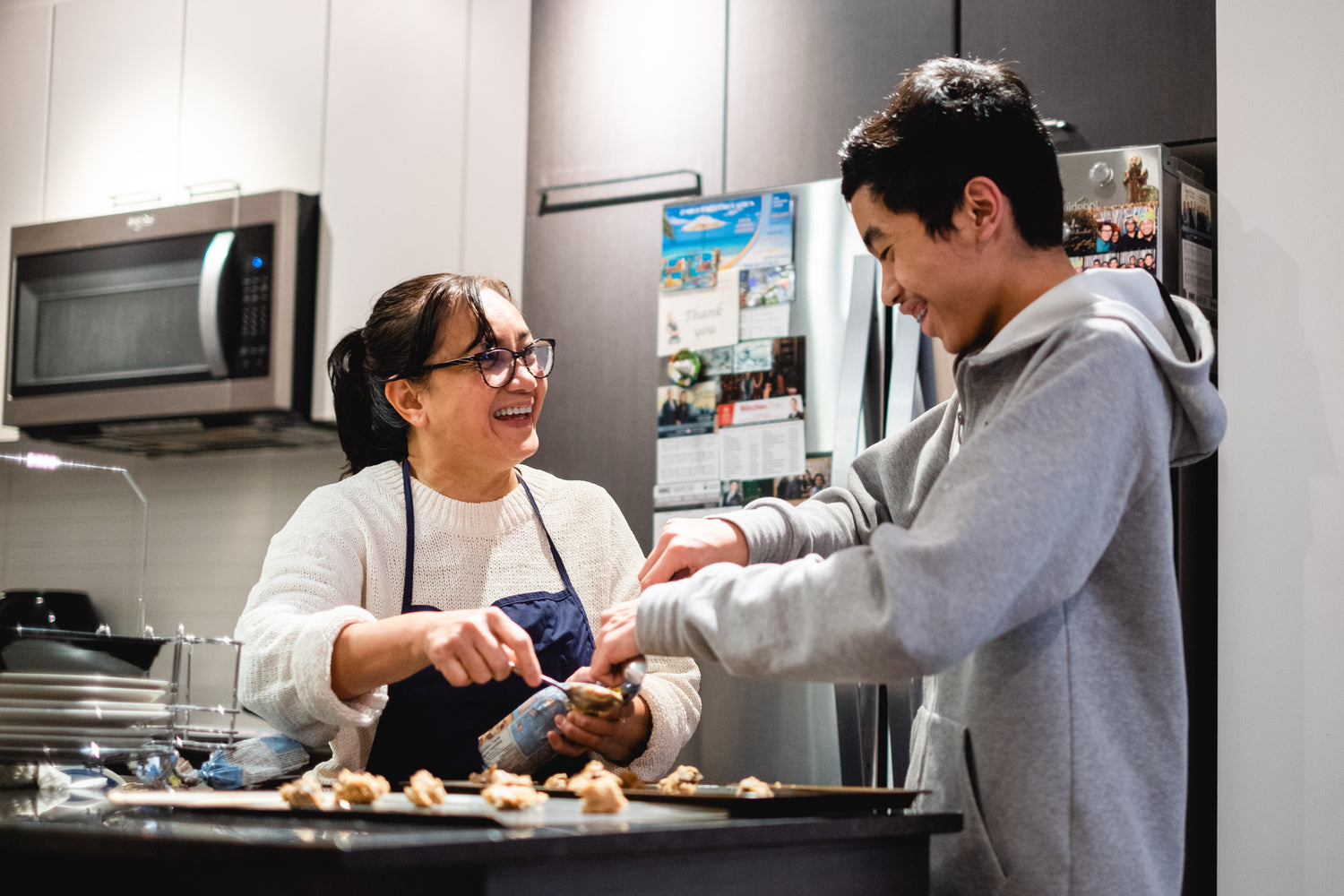The Importance of Life Skills & Generalization Beyond the Classroom
Life skills are essential for independence, confidence, and success in everyday life. For individuals with disabilities, developing these skills goes beyond the classroom—it’s about ensuring they can communicate effectively, complete daily tasks, navigate their community, and make decisions that promote independence.
Why Generalization Matters
Skills taught in structured environments, such as school, need to be practiced and reinforced at home and in the community to become truly functional. A student may learn how to:
✔ Ask for help in a classroom setting but struggle to do so at a store or restaurant
✔ Identify money at school but need practice making a purchase independently
✔ Follow a hygiene routine in a therapy session but require support in applying it daily at home
Without reinforcement across different environments, these skills may stay isolated to the classroom, limiting a student’s ability to use them in real-life situations.
How Families Benefit from Support
Parents, guardians, and caregivers play a critical role in helping their child develop and apply life skills at home and in the community. However, many families may feel unsure about how to effectively reinforce these skills or adapt strategies to their child’s specific needs.
Through personalized parent training and hands-on coaching, families can:
✅ Learn practical strategies to encourage independence at home
✅ Understand how to support communication and social interactions in community settings
✅ Gain confidence in helping their child transition skills from structured learning to everyday life
By working together—parents, educators, family members, friends, and the community—we can create a strong foundation for lifelong independence, ensuring that students don’t just learn skills but apply them where it truly matters.

